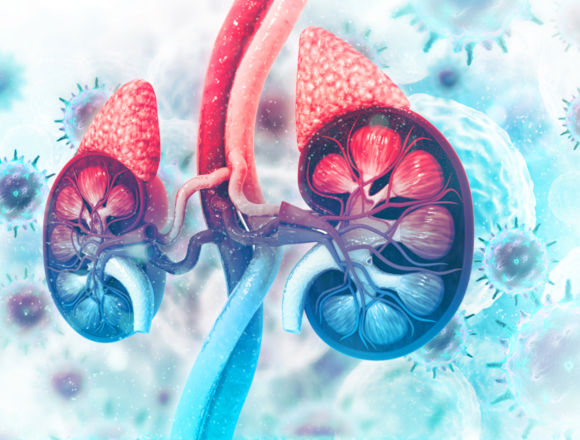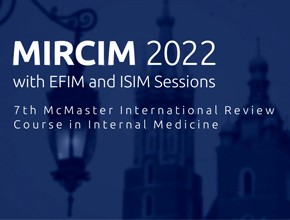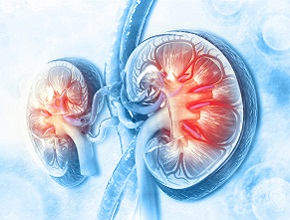Dr Jürgen Floege is a professor of medicine, director of the Division of Nephrology and Clinical Immunology at the University Hospital RWTH Aachen, Germany, and Distinguished Fellow of the European Renal Association – European Dialysis and Transplant Association (ERA-EDTA).
If you were to name the 3 most important recent advances relevant for everyday practice in nephrology, what would they be?
Jürgen Floege, MD, PhD: The 3 most important recent advances in nephrology… Number 1 for me, undoubtedly, this year, is the publication of 3 major guideline updates by the KDIGO group. KDIGO—Kidney Diseases: Improving Global Outcomes—is a nonprofit organization that provides worldwide guidelines. Guideline number 1, which was just updated, is [on] diabetes and the kidney with, of course, a much stronger emphasis on sodium-glucose cotransporter-2 (SGLT-2) inhibitors. Guideline number 2, which was just updated and published, is [on] blood pressure in chronic kidney disease, giving you targets that you should aim for. In September we will publish a huge guideline on all glomerular diseases—so, glomerulonephritis, vasculitis, and lupus nephritis [at the time of publication of the interview, the guidelines have already been released and can be accessed here]. And this will set the worldwide standard on how to treat these diseases.
Advance number 2, undoubtedly, for nephrology, is the introduction of SGLT-2 inhibitors and the realization that SGLT-2 inhibitors are probably not just antidiabetic drugs but may have the potential to become a “one for everyone with chronic kidney disease,” like angiotensin-converting enzyme inhibitors (ACEIs) and angiotensin receptor blockers (ARBs). We now have very good data emerging: the DAPA-CKD [trial], and the EMPA-KIDNEY study will come out next year, but the data show that SGLT-2 inhibitors also work in nondiabetic kidney disease, because they seem to be very nephroprotective and you can add them on top of a renin-angiotensin system (RAS) blocker with essentially very few adverse events.
And number 3 in terms of advances, at least for me, is this whole development of complement inhibition. We are already using eculizumab—I talked about this in my lecture—we’ve recently added ravulizumab, a long-acting form of an [anti-]C5 antibody, to the armamentarium, but the latest was just a few days ago: the publication of the ADVOCATE trial, where we now use a C5a receptor antagonist, avacopan, in antineutrophil cytoplasmic antibody (ANCA)[–associated] vasculitis. And I think—and I’m absolutely certain—that in the next years, we will see many more situations where the complement can be targeted very specifically. And we will have a new therapy for kidney diseases, immunologic diseases that may be much, much more targeted than the high-dose corticosteroids we used to give. So, for me, these are the key 3 developments this year.
 English
English
 Español
Español
 українська
українська











